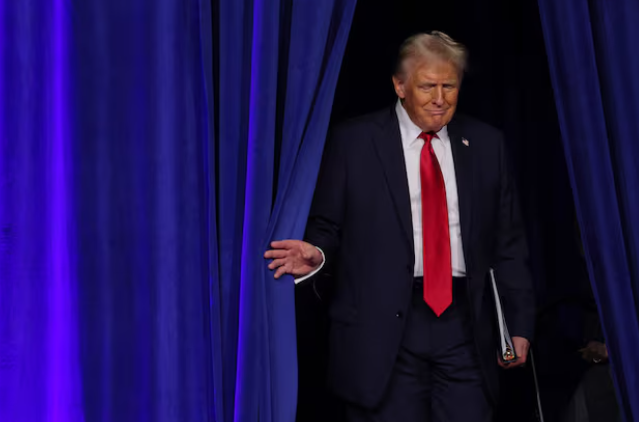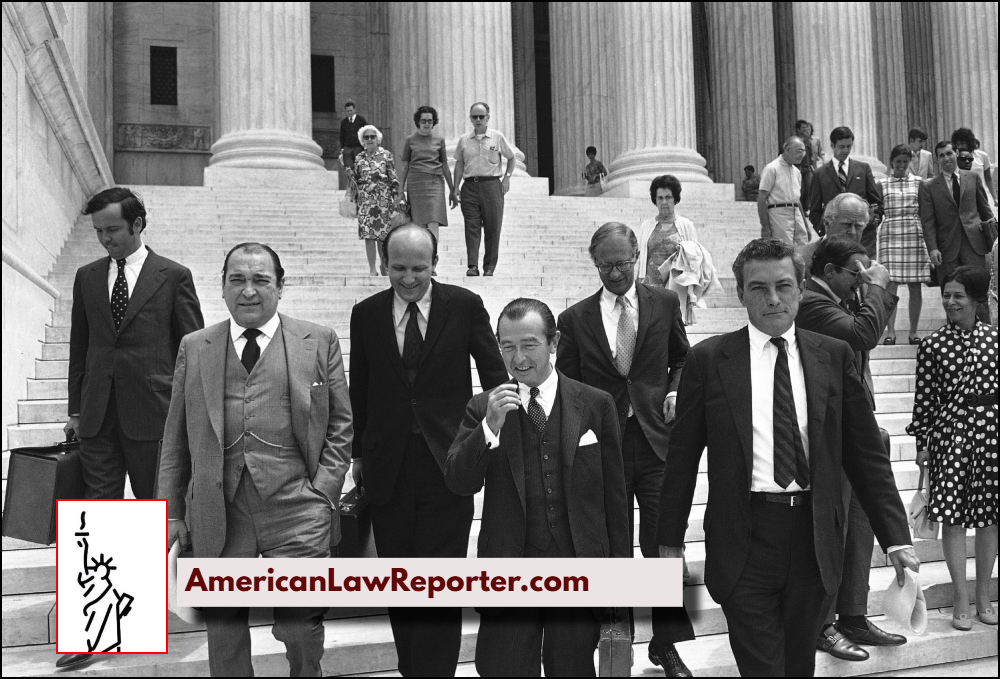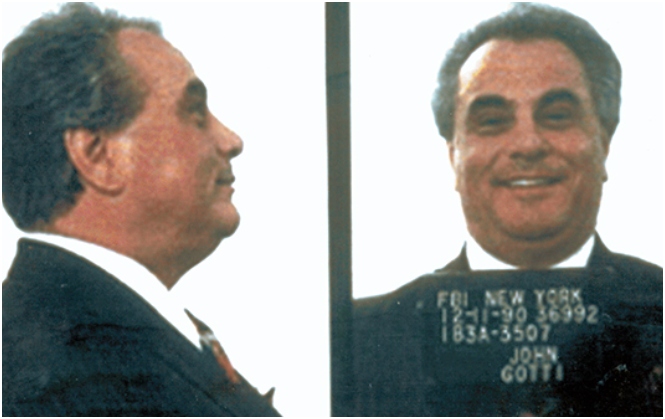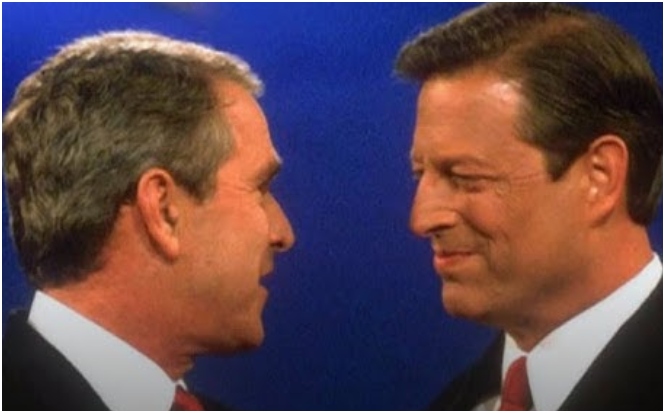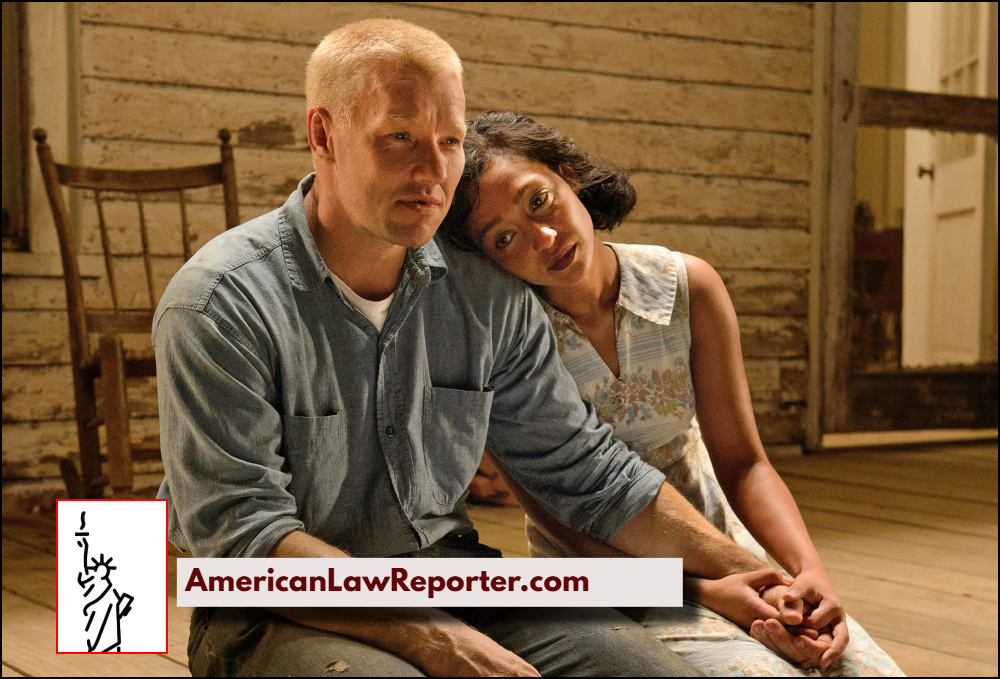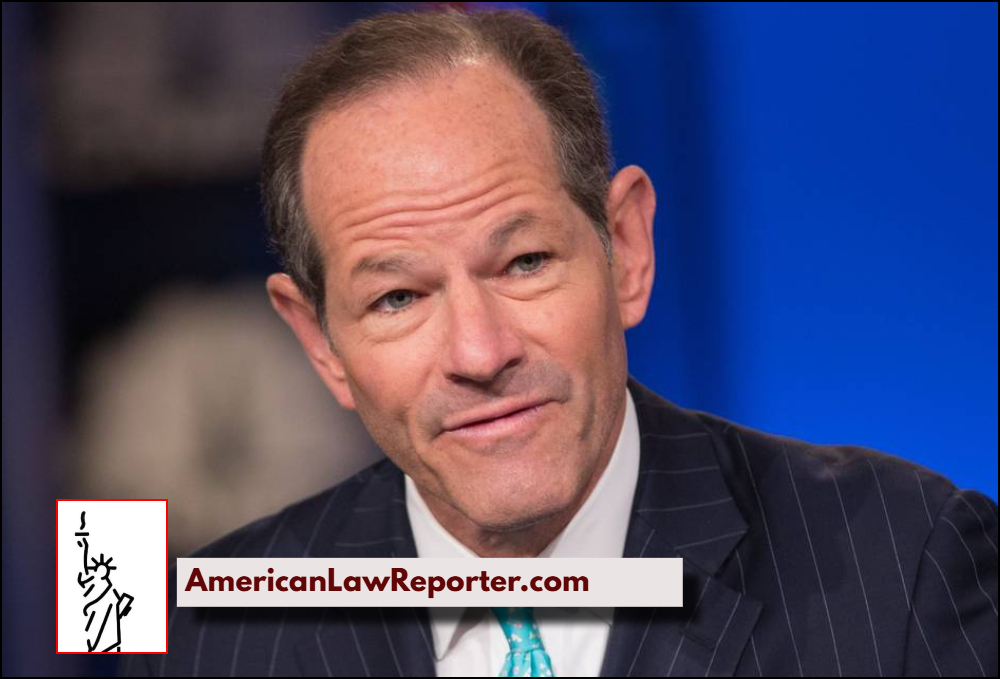Case Studies
-
In a sweeping move, President Donald Trump granted full, unconditional federal pardons to Rudy Giuliani and more than 70 others. While legally limited—it covers only federal liability and none of those pardoned were federally charged in the first place—the action delivers a powerful symbolic message: allegations of undermining American democracy may carry little real-world risk…
-
The U.S. Supreme Court’s 2025-26 term began this week (October 6–10, 2025), with oral arguments in six major cases heard over three days, addressing transgender rights, free speech, religious exemptions, and executive power. These cases, argued amidst a federal government shutdown and heightened political scrutiny under the second Trump administration, could reshape legal precedents. Below…
-
In the summer of 1971, the United States Supreme Court delivered a landmark ruling that would forever reshape the relationship between the press and the federal government. The case, New York Times Co. v. United States, better known as the Pentagon Papers case, tested the limits of the First Amendment and government power. At the…
-
For years, John Gotti eluded justice. As the notorious boss of New York’s Gambino crime family—once the most powerful Mafia organization in the United States—he earned the nickname the “Teflon Don” because criminal charges never seemed to stick. But in 1992, after decades of federal surveillance, betrayal from within, and unprecedented courtroom strategy, the Teflon…
-
On December 12, 2000, the U.S. Supreme Court issued a 5–4 decision in Bush v. Gore, effectively resolving the presidential election in favor of Republican candidate George W. Bush over Democratic contender Vice President Al Gore. The case, centered on contested vote recounts in Florida, marked an unprecedented moment in American legal and political history—one…
-
This legal case study uses the IRAC method—Issue, Rule, Application, and Conclusion—to analyze the high-profile and controversial legal battle between boxing champion Mike Tyson and actress Robin Givens. The case, which unfolded in the late 1980s, involved allegations of abuse, defamation, and intense media scrutiny, culminating in one of Hollywood’s most sensational divorce proceedings. Through…
-
In the early morning hours of July 11, 1958, sheriff’s deputies stormed into the home of Mildred and Richard Loving in Central Point, Virginia. Their crime? Being married. The Lovings, a Black woman and a white man, had traveled to Washington, D.C. to legally wed but returned to Virginia, where interracial marriage was still a…
-
Eliot Spitzer was once considered one of the brightest stars in American politics. As New York Attorney General, he earned the nickname “Sheriff of Wall Street” for taking on financial giants in high-profile white-collar crime cases. His populist image and aggressive legal style made him a favorite among progressives and legal reformers alike. But in…
-
Introduction Often described as a cornerstone of American constitutional law, Gibbons v. Ogden (1824) established the federal government’s broad authority over interstate commerce, shaping the balance of power between state and federal governments. Argued before the U.S. Supreme Court at a time when America was still in its infancy, the case pitted two steamboat operators—and,…

